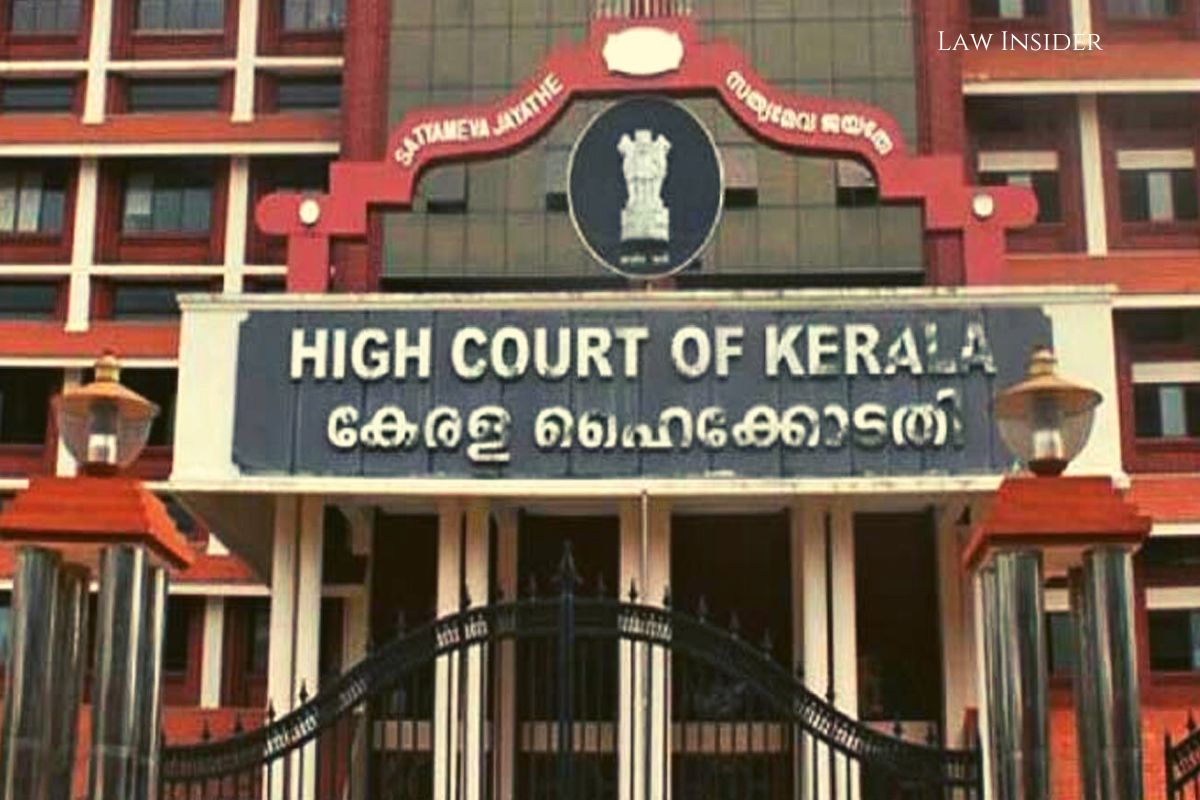Priya Gour
Published on: 12th August, 2022 at 18:05 IST
The Kerala High Court division bench of Justices AK Jayasankaran Nambiar and Mohammed Nias CP recently held that dealing with indiscipline of employees, especially in disciplined forces shall be allowed by transferring the erring officers.
And therefore, such transfers shall intend to maintain discipline by relocation and not punish that employee. The court noted:
“In a disciplined force such as the CISF, there may arise cases where the continuance of the employee in a particular station is detrimental to the maintenance of discipline at that station, and in such cases it may seem prudent to the employer to transfer the employee to a different station so that the twin objectives of maintaining discipline at one station, whilst simultaneously availing the service of the employee at another station, are achieved without casting any aspersion on the character or conduct of the employee.”
The bench further held that such transfers need not be interfered with by the court.
“Such transfers, in our view, do not call for interference from courts because they are merely measures taken by an employer in the exigencies of the service and for efficient administration thereof. There is no prejudice caused to an employee in such cases because there is no stigma cast on him/her through the order of transfer, which would affect his/her future prospects in the particular service,” the judgment stated.
About The Case:
An appeal moved before the court by Divyamol , a paramilitary- CISF officer, against the judgment of a single-judge. Her transfer was upheld from Cochin to Narsapur.
The appellant had joined the force in 2007 under a compassionate appointment scheme, she had ensured that she would be posted in Cochin, for 13 years and 4 months of her 13 years and 11 month long career. For this, she had moved to the court several times over the years and got favourable judgments.
She had referred and relied on a guideline for transfer which said: “In cases where a husband and wife are both in Central government service, they have to be retained in the same station as far as possible.” This was referred by the appellant since her husband was posted in Kerala since the beginning of the service.
Therefore, even in the previous litigations she made references of the above guidelines and submitted that that the transfer orders to be punitive when she filed a complaint against the Assistant Commandant of sexual harassment.
The respondent defended by submitting that the guidelines permit being posted at any place within her ‘home sector’. And so, other places within the southern sector like the States of Andhra Pradesh, Karnataka, Kerala, Telangana, Tamil Nadu and the Union Territories of Puducherry and Lakshadweep shall also be included.
No formal complaint has been lodged by he appellant and also the transfer order doesn’t have mention of any sexual harassment against her.
There had been disciplinary proceedings against the appellant where she had disobeyed clear instructions from higher authorities. Also, no such penalty orders had previously been challenged by her earlier.
The court quoted:
“The facts of the instant case bring to the fore a classic instance of how a litigant, with the help of clever lawyers, can successfully tweak the law and the legal system in her favour, and avoid transfers and postings that form an integral part of her conditions of service.“
The Court observed that during a service, the power to transfer an employee (in a transferable service), is within the authority of the employer. Every uniformed service which requires maintenance of discipline within its ranks, shall also fall within its ambit.
The court shall not intervene in any such matter until there are rare instances where the transfer takes place through statutory violations, mala fides, either factual or legal, or where the transfer is seen as ordered by way of punishment. And no disciplinary proceedings take place at the first place to establish the guilt of the employee.
However, no enquiry is needed in cases of misbehaviour of an employee. This would defeat the public interest or exigencies of administration to ensure decorum and probity in the services.
“We do not think that merely because the respondents took note of the misconduct of the appellant at the workplace, the transfer order issued to her can be seen as punitive in nature and therefore vitiated. On the contrary, we are inclined to view the transfer as a prudent measure taken by the respondents to maintain discipline at the workplace. This is especially so when we find that the respondents herein are charged with administering a disciplined force.”
Thereby, the court declined to intervene in the matter and dismissed the appeal.

